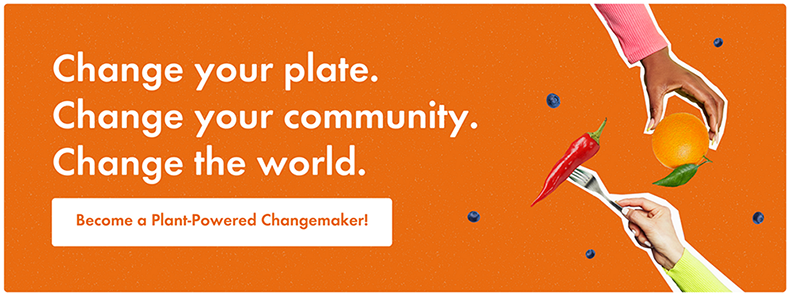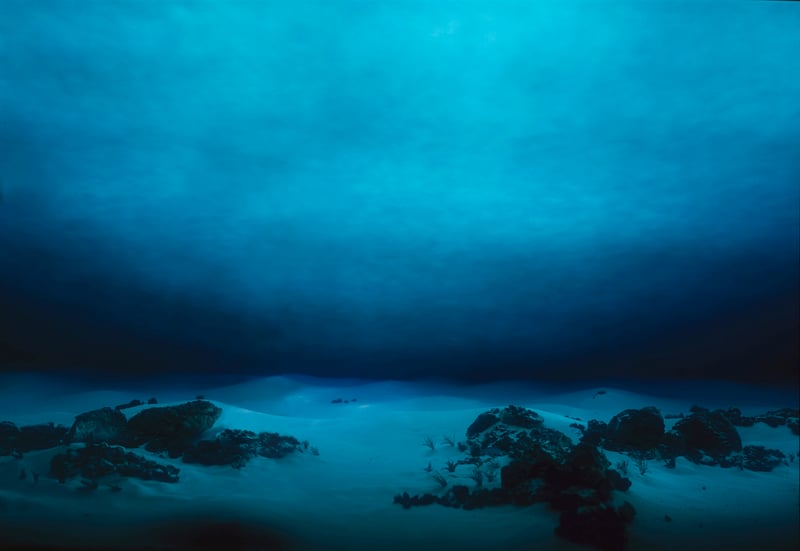
Dead Zones, Diseased Fish, and Dying Dolphins: What’s Really Killing Our Oceans
Blog
This World Oceans Day, uncover the hidden threats to our seas—from factory farms and fish farming to bycatch and octopus cruelty.
Every June 8, World Oceans Day reminds us of the incredible beauty, biodiversity, and life-sustaining power of the sea. Our oceans regulate the climate, produce half the oxygen we breathe, and provide a home for some of the most fascinating animals on Earth—from playful dolphins to brilliant octopuses.
As we celebrate this important day, it’s time we talk about a sinister culprit destroying the oceans hiding below the surface: factory farming and industrial fishing.
Factory Farms Don’t Just Harm Land Animals—They Pollute the Ocean Too
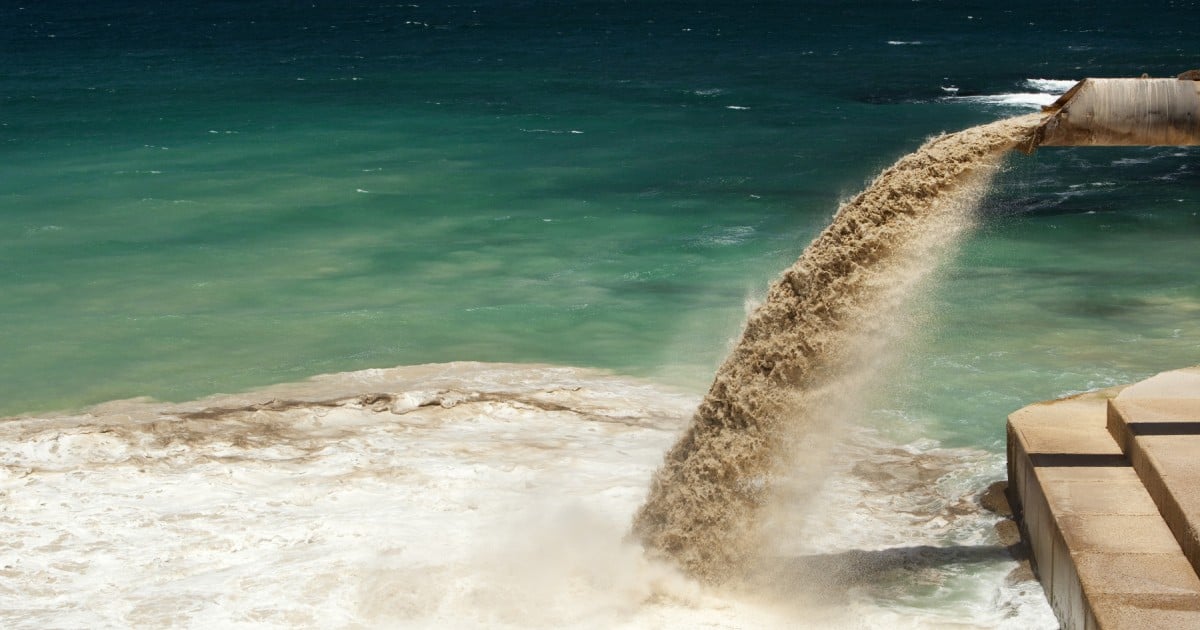
When we think of ocean pollution, we often picture oil spills or plastic waste, but industrial animal agriculture—yes, even on land—is a massive threat to our seas. Factory farms generate enormous amounts of animal waste, which is often stored in open-air lagoons or sprayed onto fields. Huge swaths of land are also exploited as industrial corn and soy plantations for farmed animal feed, which rely on massive applications of synthetic fertilizers. When it rains, that fertilizer and that waste runs off into waterways, eventually reaching the ocean.
The result? Algal blooms, dead zones, and oceanic “dead seas” where virtually no marine life can survive. One of the largest dead zones in the world sits in the Gulf of Mexico, fed by runoff from industrial farms in the Midwest.
If we want to keep our oceans alive, we have to tackle pollution from land-based animal agriculture.
Cruelty Is Going Underwater: The Rise of Aquaculture
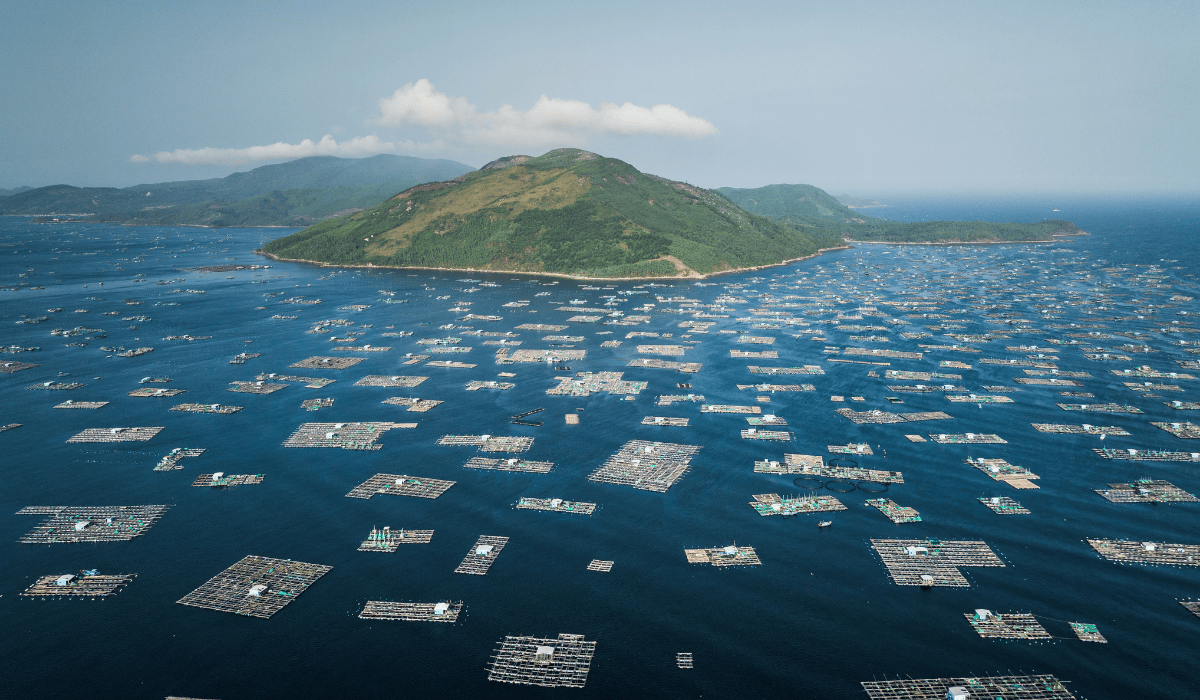
With wild fish populations collapsing from overfishing, the seafood industry turned to aquaculture—raising fish in confined underwater pens—but instead of easing the pressure on oceans, this shift has added a whole new layer of suffering and environmental degradation.
Fish in these underwater factory farms are treated like commodities, not sentient beings. They live in crowded pens, often swimming in circles for their entire lives, with no escape from disease or parasites. Salmon, a species known to swim thousands of miles in the wild, are reduced to caged lives in polluted coastal waters.
This isn’t a solution—it’s a floating factory farm.
Aquaculture is an Environmental Disaster in Disguise
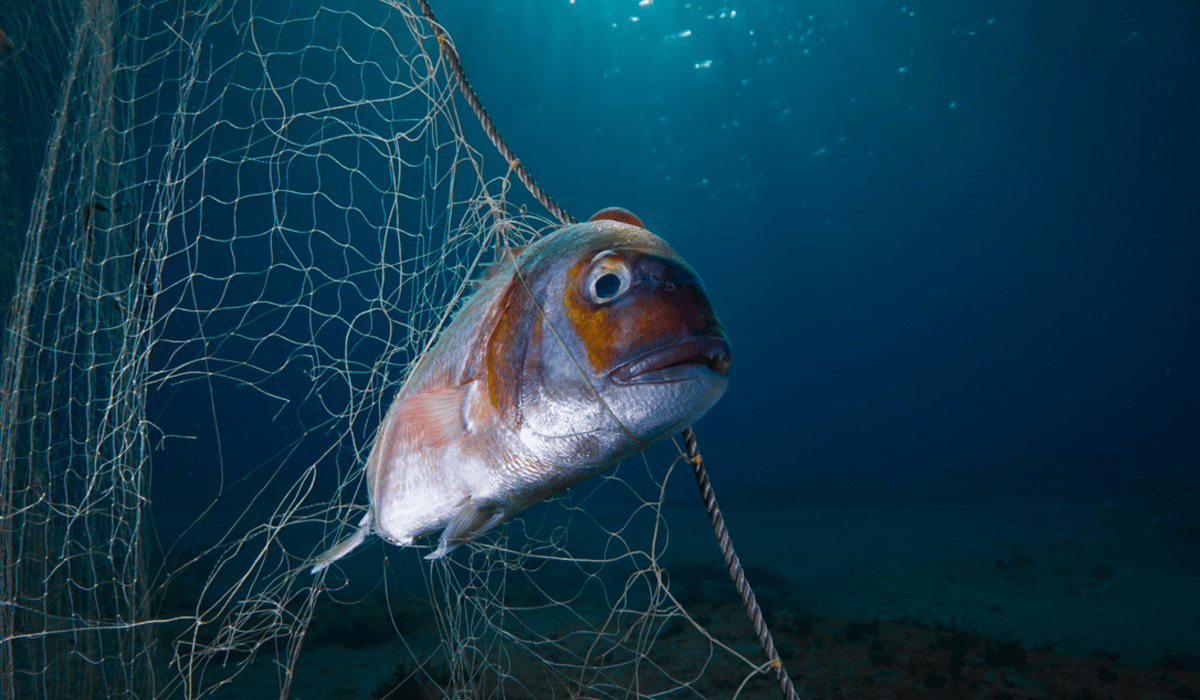
Despite its “sustainable” marketing spin, factory farming fish creates huge environmental problems. Waste from fish pens accumulates on the ocean floor, creating an oxygen-depleted zone that smothers marine ecosystems. Ocean predators, attracted to the large collection of fish, get caught in the net pens and drown or are killed by farm workers. Farmed fish, bred for rapid growth, can escape the pens—sometimes in the thousands or tens of thousands at a time—and compete with local wild species for food and resources.
And let’s talk about feed: Carnivorous farmed fish like salmon are fed other fish—typically caught from the wild. That means we’re still emptying the ocean to feed fish to fish.
It’s a broken, backwards system.
Diseased Fish and Sea Lice: Aquaculture’s Public Health Problem
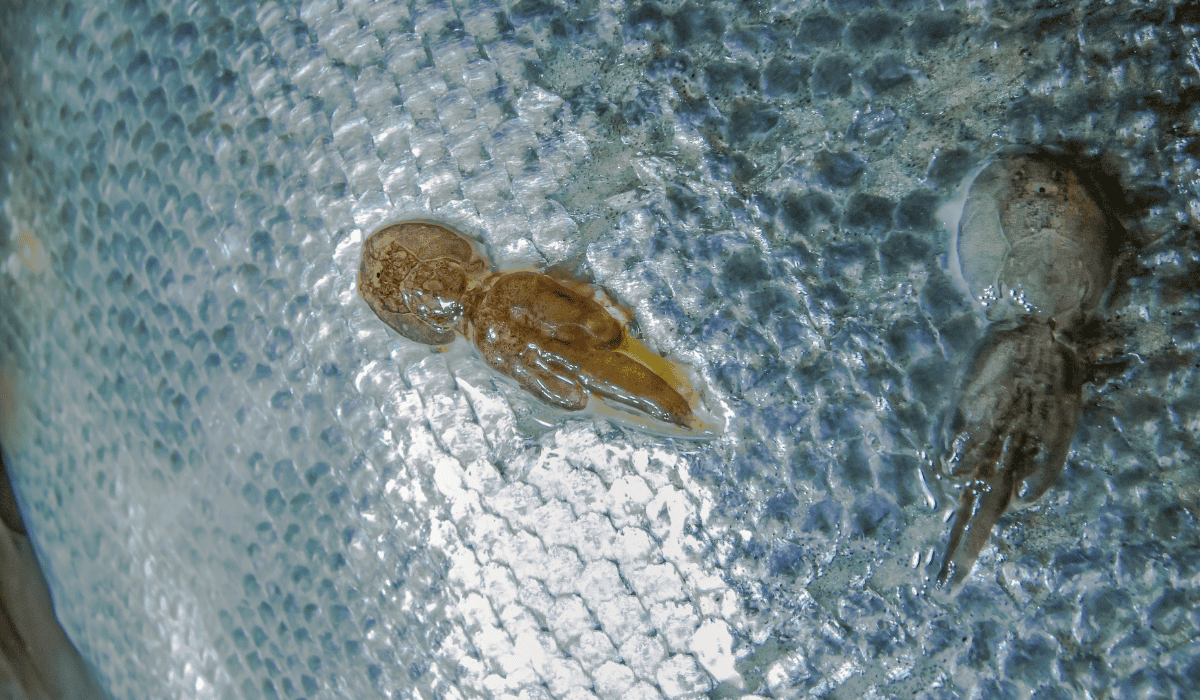
Factory-farmed fish live in such cramped conditions that disease runs rampant. Sea lice infestations, flesh-eating bacteria, and viral outbreaks are shockingly common in aquaculture pens. These sick fish are often treated with antibiotics and chemicals that leak into surrounding waters, harming wild populations and threatening human health.
Infected fish can also make their way to our dinner plates—raising serious food safety concerns. For a system marketed as sustainable, aquaculture has a staggering number of red flags.
Octopus Farming: A Cruelty We Can Stop Before It Starts
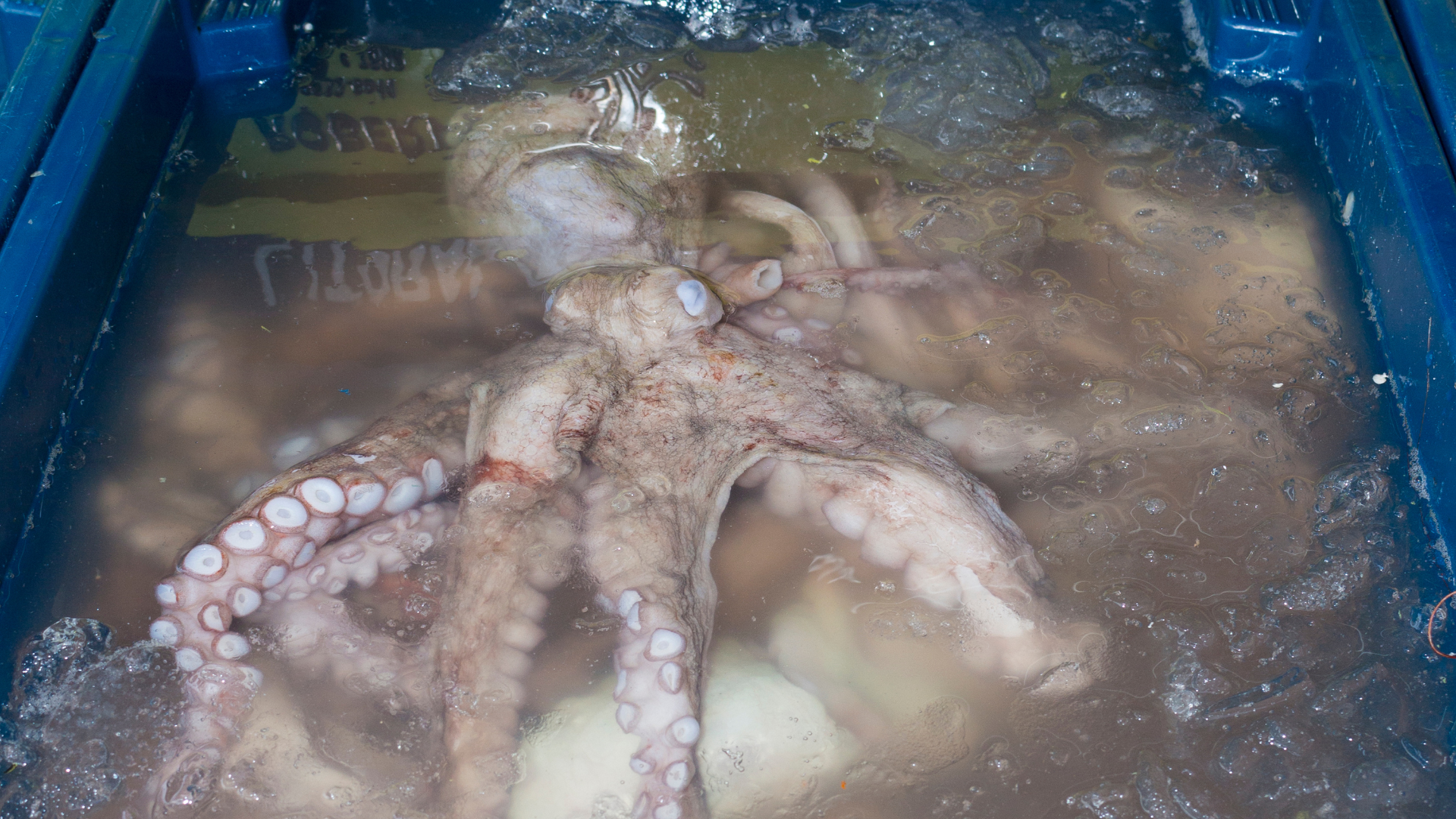
Octopuses are some of the most intelligent, curious animals on the planet. They can solve puzzles, use tools, and even recognize individual humans, but despite all we know about their sentience, there’s a growing push to farm them for food.
Octopuses are solitary, territorial animals who would suffer immensely in confined spaces. They’re carnivorous, which means any attempt to farm them would require catching other marine animals to feed them—causing even more suffering and harm.
This is a future we don’t need. Octopus farming isn’t a solution—it’s a step in the wrong direction.
Commercial Fishing Is Killing More Than Just Fish
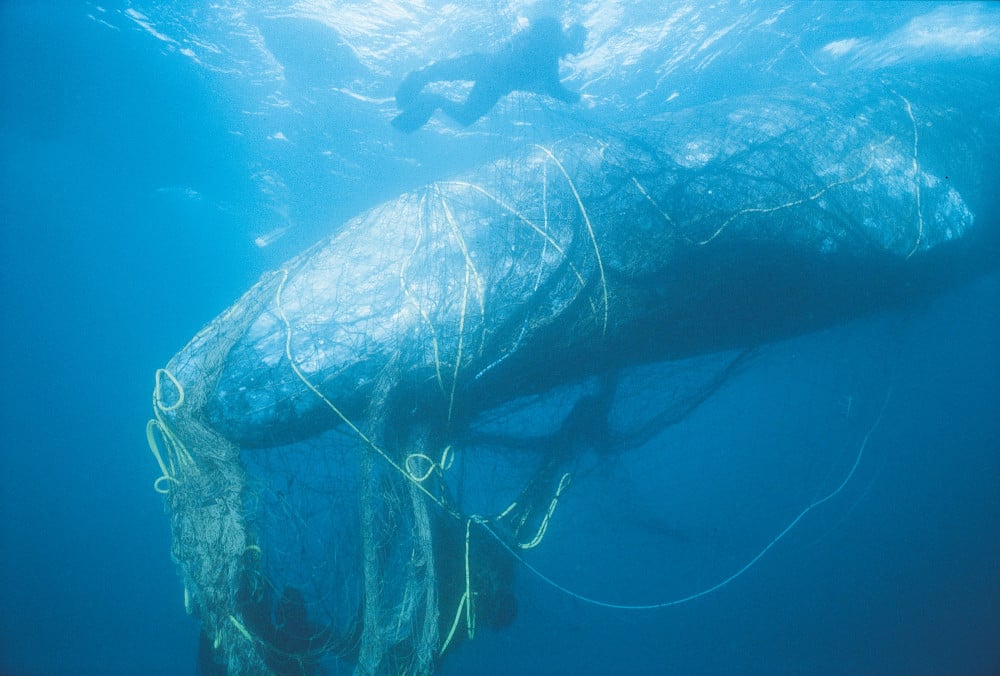
Let’s be clear: industrial-scale fishing is woefully unsustainable. Commercial fishing not only decimates fish populations but also kills hundreds of thousands of marine mammals and sharks each year.
Dolphins, whales, and turtles get tangled in massive nets. Sharks, many of them endangered, are caught on longlines and discarded like trash. These intelligent, social animals suffer immensely—all for profit.
The Bycatch Crisis
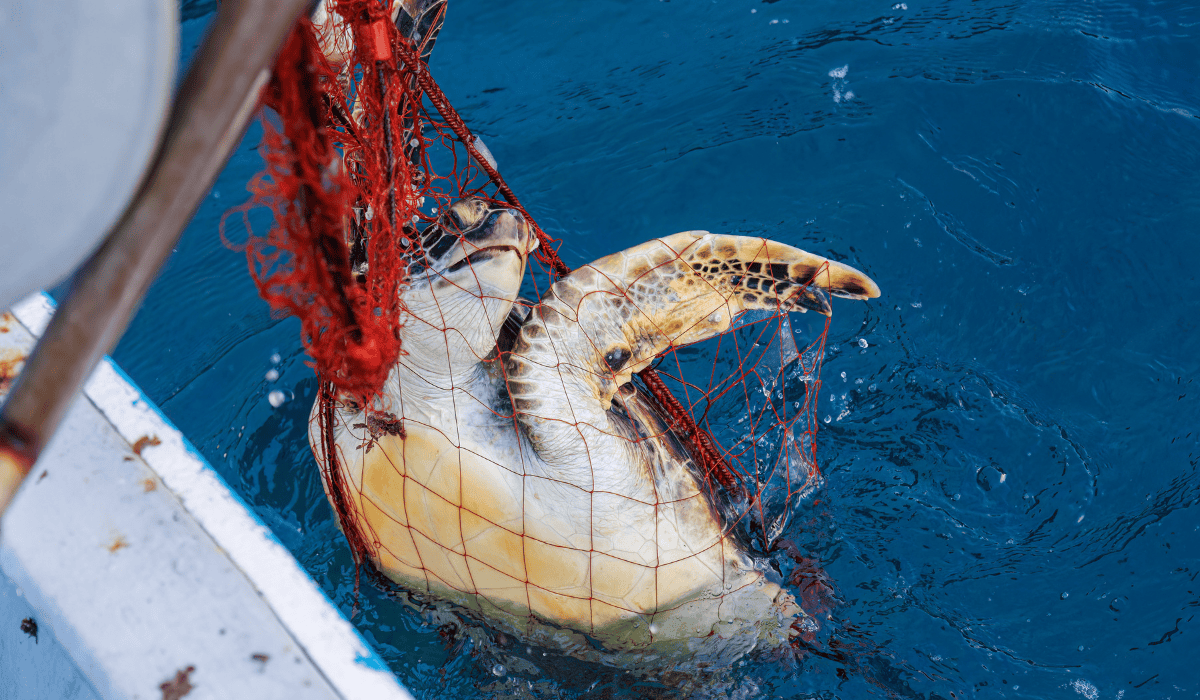
Bycatch—the unintentional capture of non-target species—is one of the most egregious forms of cruelty in the commercial fishing industry. It’s estimated that millions of animals are caught, injured, or killed each year as bycatch.
These animals aren’t just numbers. They’re turtles gasping for air, seabirds dragged underwater, and rays mutilated and tossed back into the sea. There’s no such thing as “dolphin-safe” when bycatch remains standard practice.
What Can You Do? Choose Plant-Based Fish Alternatives
Protecting the ocean doesn’t have to mean giving up your favorite seafood flavors. Today, there are amazing plant-based fish alternatives that deliver the same taste and texture—without the cruelty or environmental destruction.
From vegan tuna to crispy fish-free filets, these innovations are helping people reduce their ocean impact while still enjoying familiar dishes. Better yet, they’re often made from sustainable ingredients like seaweed, legumes, and jackfruit—no nets, no cages, no suffering.
This World Oceans Day, Take the Ocean Off Your Plate
If we’re serious about protecting marine animals and preserving our oceans for generations to come, we must address the root causes: industrial animal agriculture, commercial fishing, and aquaculture.
So this World Oceans Day, protect dolphins, sharks, octopuses, and all marine life by choosing plant-based options.
Want to go further to protect our oceans? Join World Animal Protection’s FREE online community, Plant-Powered Changemakers, to get started. Together, we can turn the tide.
